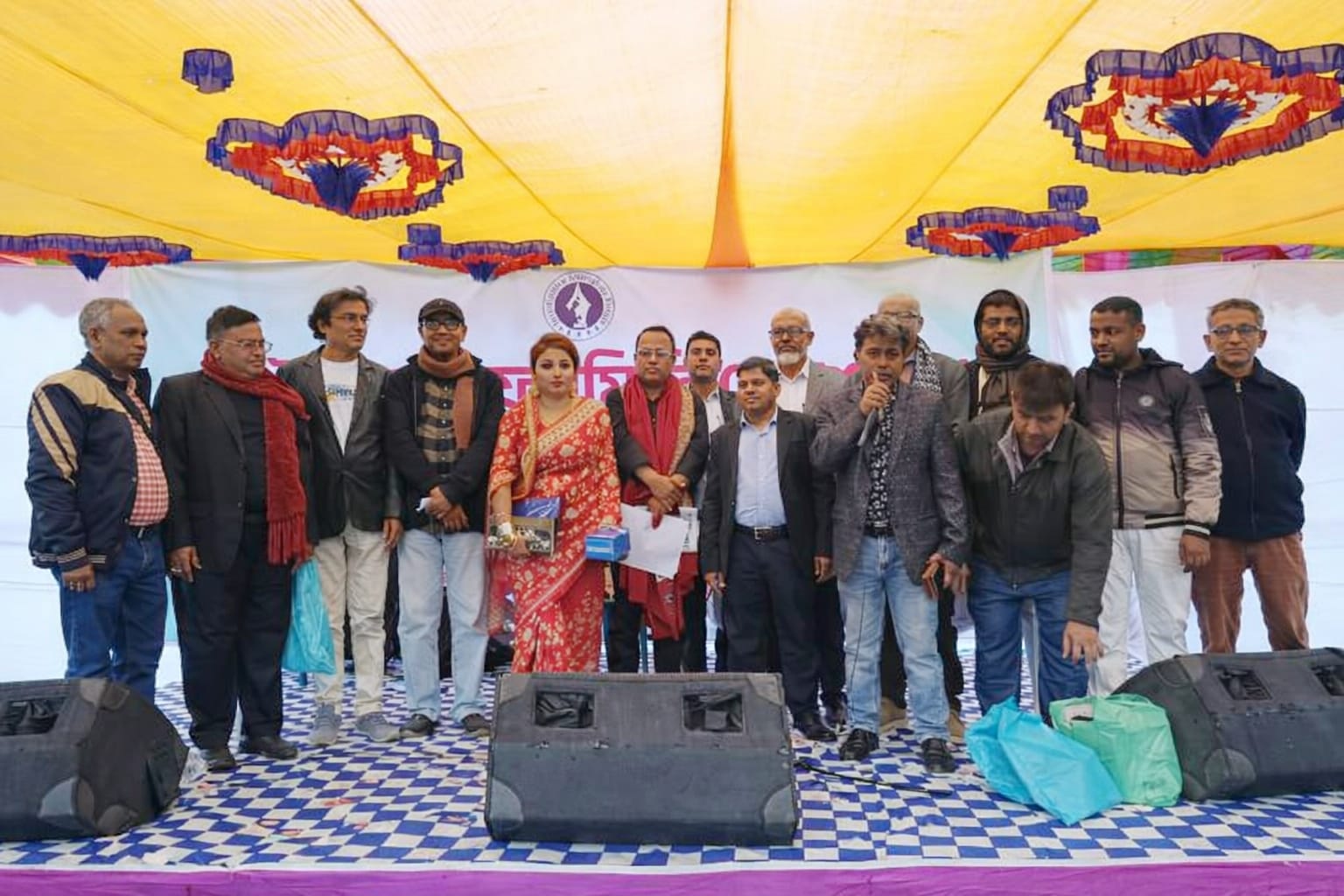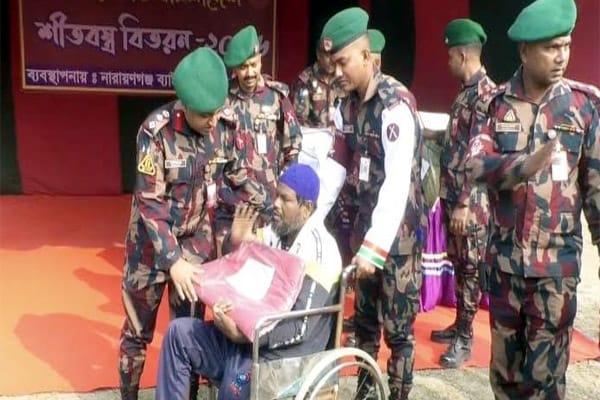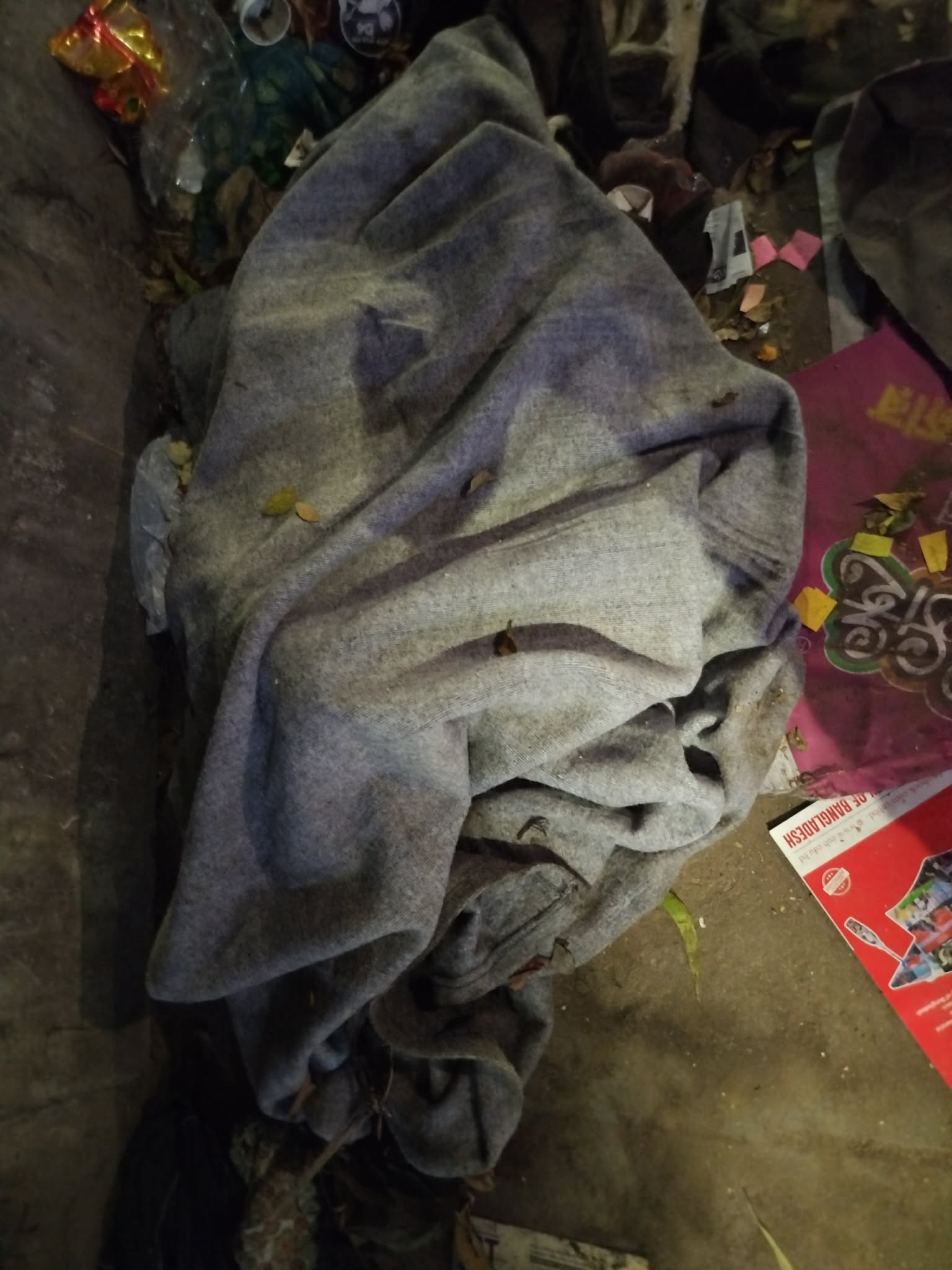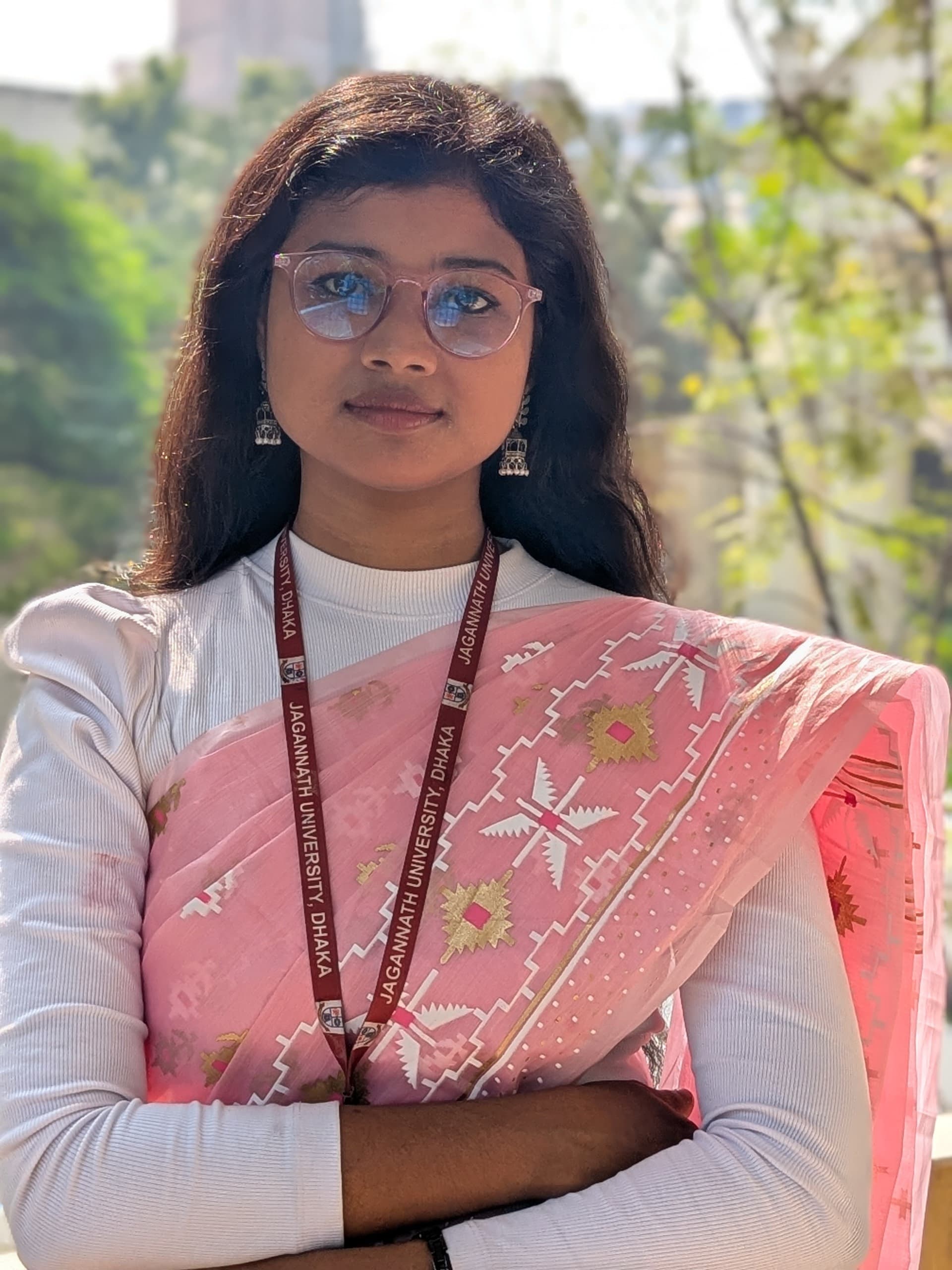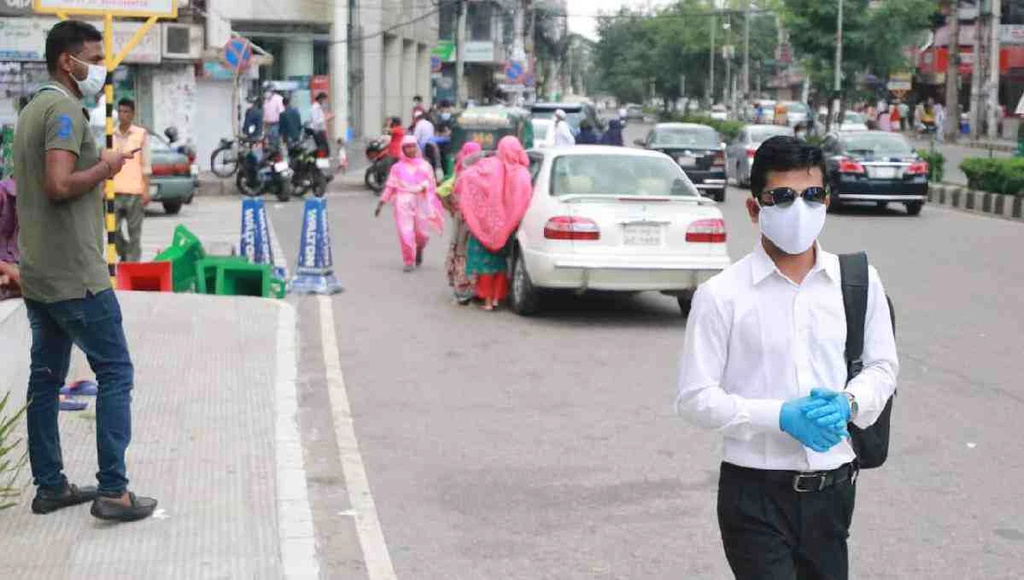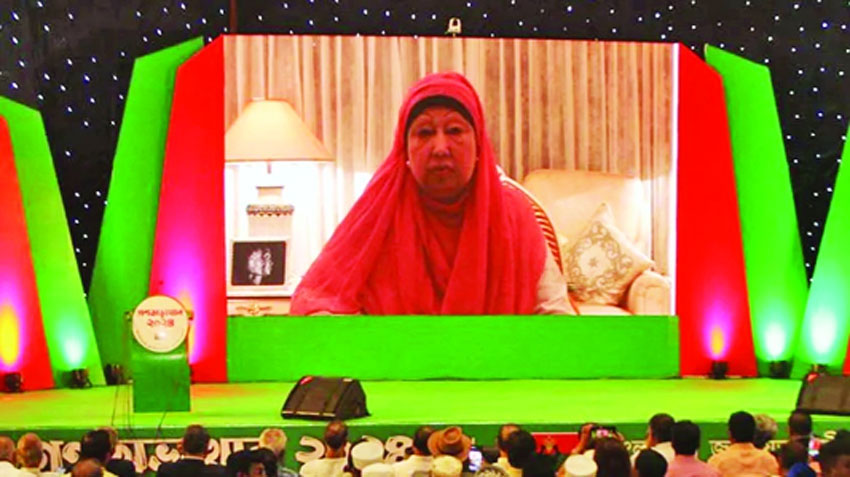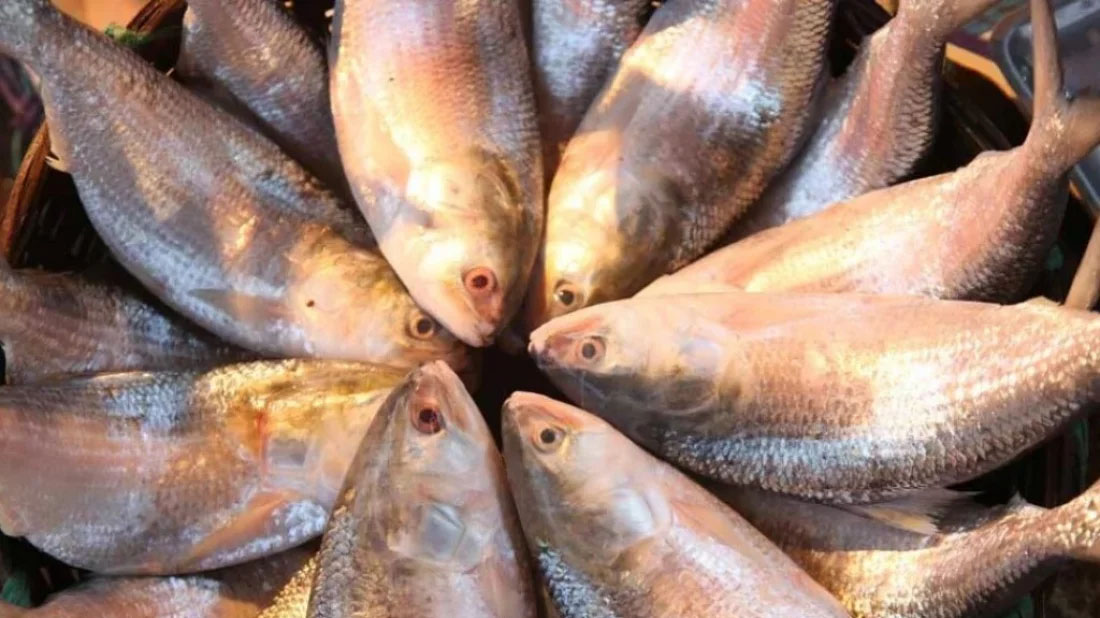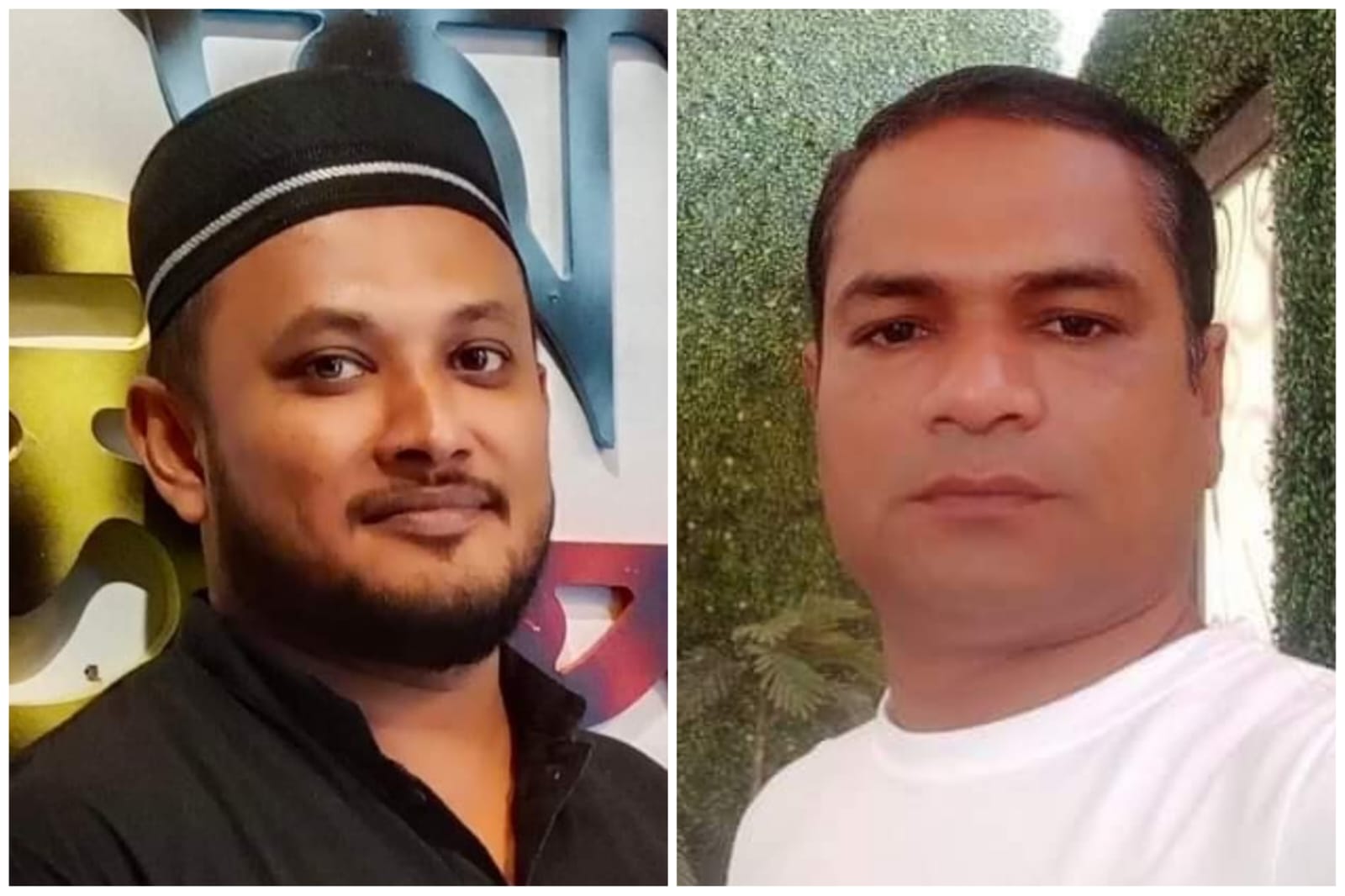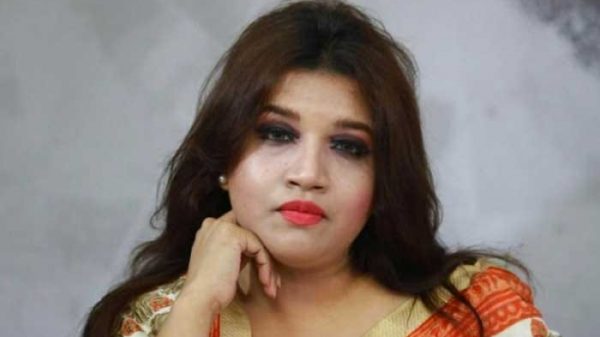- 2022-04-06 10:13:47
- LAST MODIFIED: 2026-02-05 11:12:31
Bangladesh will not face any economic crisis like Sri Lanka: PM
Citizentimes Online Desk
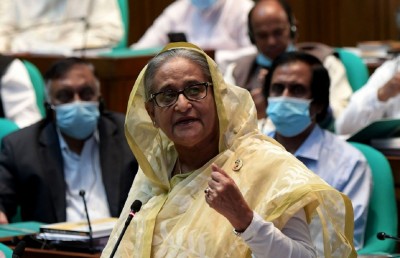
File Photo: Bangladesh Prime Minister Sheikh Hasina
Prime Minister Sheikh Hasina on Wednesday told parliament that there is no possibility of an economic crisis like that in Sri Lanka as Bangladesh's economic base is very strong.
"We are very much aware," she said as Deputy Opposition leader GM Quader spoke of fears of a Sri Lanka-like situation while delivering his speech in parliament. She said the government has been repaying debts taken for the country's development on time ever since the Awami League assumed office.
"Bangladesh was never a defaulter and will not be a defaulter in the days to come as our economic base is very strong in this respect," she said. The PM said her government doesn't take commissions like the BNP and Jatiya Party governments.
She also said her government has on instances completed project works on time or before schedule, referring to the completion of the 1,320 megawatt Payra Thermal Plant, which was completed within eight months, saving Tk800 crore.
The PM made the statement while giving the valedictory speech of the 16th session in the 11th parliament with Speaker Shirin Sharmin Chaudhury in the chair.
Govt initiatives tamed essential prices
During her speech, the PM suggested people to use pumpkins or other vegetables instead of eggplants during iftar due to its high price. Hasina said the government's various initiatives, including open market sale of essentials by the Trading Corporation of Bangladesh (TCB), has helped to drastically reduce commodity prices.
"The pro-people government has taken all kinds of steps to keep the prices of essentials at a tolerable level. The prices of daily commodities have reduced significantly due to the activities of the TCB," she said while replying to a tabled question during the PM's question-answer session in parliament on Wednesday.
The leader of the house said prices of essentials had gone up significantly across the globe because of the economic meltdown arising out of the Covid-19 pandemic, while the Russia-Ukraine war also fueled worldwide price hikes.
"As a result, the daily commodities' prices have increased in the world market," she said, adding that despite the hurdles her government has taken all possible measures to keep the prices of essentials under control. She also expressed hope that the prices would remain at an affordable level during the month of Ramadan.
Highlighting the government's success to this end, the PM said one litre bottled soybean oil price was Tk170 on March 1, but had decreased to Tk161.50 on April 5. Similarly, the price of one litre loose soybean oil came down to Tk155 from Tk175, while the price of palm oil fell to Tk142 from Tk158.
"During this time, the TCB also sold per litre oil can at Tk110. Lentil price came down to Tk112.50 on April 5 from Tk120, while the TCB is selling it at Tk65 per kilogramme. Loose sugar price decreased to Tk78 per kilogramme on April 5 from Tk85 on March 1, while the TCB is selling it at Tk55 per kilogramme," she added.
She also said that the price of onions had fallen from Tk60 per kg to Tk31.50, while it was being sold at Tk20 by the TCB.
Padma Bridge will open to traffic at the end of 2022
Prime Minister Sheikh Hasina on Wednesday said that the Padma Bridge will open to traffic at the end of this year. The construction progress of the main bridge is at 96.50%.
The PM also called the construction of the Padma Bridge the most challenging in the country's history. She said her government self-financed the country's largest bridge --- 6.15 kilometres long and 18.10 metres wide. The premier said that the revised budget of the bridge project was Tk30,193.39 crore.
She added: "So, the government has given importance to developing infrastructures. A huge change has been made during the last decade during this government. Now, the country is starting a journey on the highway of development."
On the topic of congestion plaguing the capital, the PM asked people to reduce the use of private cars. She said each member of many families use two to three cars and then blame the traffic on the government, which did not make sense.
She said that more public buses would be added to the current fleet, while the metro rail was also being set up. The PM said the communication development was for the common people and the metro rail would allow around 60,000 people to move per hour.
Govt collected 29.64,84,120 doses of Covid-19 vaccines
Prime Minister Sheikh Hasina told Parliament that her government has collected 29,64,84,120 doses of Covid-19 vaccines as of April 4 from different parts of the globe.
"Over 12,80,70,948 people have so far been given the first doses of the Covid-19 vaccines while 11,42,67,956 others have received the second doses and 1,00, 81,193 got the booster doses," she said.
Declining to disclose the cost of purchasing the Covid-19 vaccines, Hasina said that it had been possible to procure those at a relatively cheap price due to negotiations with the countries concerned through bilateral relations.
"It will not be right to disclose the cost of purchasing the vaccines or the related expenses, since there are non-disclosure agreements," she added. Responding to another question, the premier said some 9,36,955 people were employed in jobs abroad during the Covid-19 pandemic.
The PM also said that the universal pension scheme was being formulated to ensure the financial security of elderly citizens. "The enactment of a law on the universal pension and formation of an authority to this end is now under process," she added.

